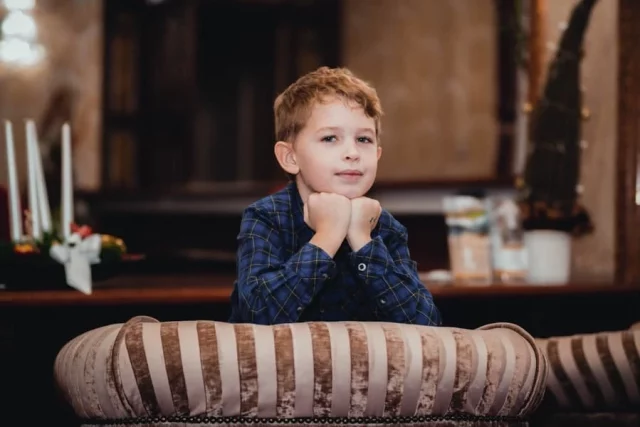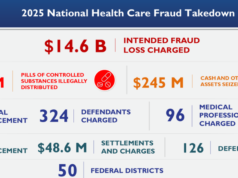Peer pressure can be a powerful force, and it’s especially harmful for young kids. This is because they’re still trying to figure out who they are and what they stand for. When their friends group up and start pressuring them to do things, it can be tough for them to resist. As parents, it’s important to help your kids learn how to deal with peer pressure so they can stay true to themselves.
In this article we will discuss a few ways peer pressure can harm young kids and provide parents with advice on how to prevent it.
Pressure To Adopt Harmful Habits
Peer pressure can also lead young people to engage in risky behavior, such as drug and alcohol abuse. While some kids are able to resist this pressure, others may cave in and experiment with these substances. Unfortunately, this can lead to a spiral of addiction that is difficult to break free from.
As parents, we can help our kids avoid this by talking to them about the dangers of drug and alcohol abuse. We should also encourage them to find positive activities and hobbies that they enjoy, so they don’t feel the need to rely on substances to have fun.
By taking these steps, we can help our kids stay safe and healthy as they navigate their way through adolescence.
Experience A Dip In Self-Esteem
No one is immune to peer pressure. Whether you’re a shy kid just trying to fit in or the most popular girl in school, at some point, you’ve likely felt the need to conform to what others around you are doing.
For kids, peer pressure can be particularly tough to deal with. After all, they’re still figuring out who they are and who they want to be. So when peers start dictating what they should wear, how they should act, and what they should believe in, it can quickly lead to a decrease in self-esteem.
In some cases, it can even result in the development of serious insecurities and poor body image. In extreme cases,it can even lead to eating disorders or other forms of self-harm.
The best way to protect against the negative effects of peer pressure is to develop a strong sense of self-worth. When you know your own value, you’ll be less likely to let the opinion of others influence your choices.
Negatively Affect Academic Performance
It’s no secret that teens and young kids can be easily influenced by their peers. Whether it’s the latest fashion trend or the coolest new toy, peer pressure can be a powerful force in shaping attitudes and behavior.
Unfortunately, peer pressure can also have a negative impact on academic performance. When students feel pressure to conform to the expectations of their peers, they may be more likely to take unnecessary risks or engage in risky behaviors.
When students feel like they have to keep up with their friends or fit in with a certain group, they often take shortcuts that can jeopardize their academic success. For example, they may skip homework, cheat on tests, or plagiarize assignments. Additionally, peer pressure can lead to disruptive behavior in the classroom, which can further impede academic progress.
Lead To Social Isolation
When teens are constantly being pressured to conform to certain standards or behaviors, they can start to feel like they don’t belong. This can lead to social anxiety and isolation, as well as depression and other mental health disorders.
They may feel pressured to do things that they’re not comfortable with, or that go against their values. This can be a tough situation for parents to deal with, but there are some things that they can do to help.
First, it’s important to have an open dialogue with your teen about peer pressure. Let them know that you understand what they’re going through and that you’re there to support them. You can also offer advice on how to handle situations where they feel under pressure. Finally, it’s important to give your teen the space to make their own decisions. It’s normal for teens to want to rebel and assert their independence, so try not to be too forceful in your guidance.
As we come to the end of this blog post, it is important to remember that while peer pressure can have negative consequences, it can also have positive effects. For example, in some cases peer pressure can motivate young kids to do better in school or make healthier choices. As parents and educators, you need to be aware of both the good and bad aspects of peer pressure so that you can help your kids navigate these waters safely and effectively.














